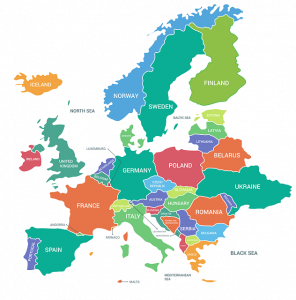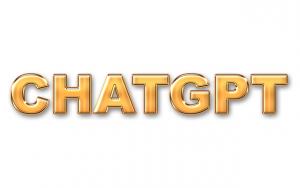What makes selenium and Coenzyme Q10 a good heart health combination supplement? Here, of course, we are talking about supplementation of individuals who have low selenium and CoQ10 blood levels.

How much selenium is enough? How much Coenzyme Q10 is enough? Roughly estimated, individuals with serum selenium levels below 80 mcg/L may need more selenium than they are getting in their diets. The same estimate applies to individuals with plasma CoQ10 levels below 0.8 mg/L. The goal of the selenium supplementation is to raise the circulating selenium levels to approximately 125 mcg/L [Larsen 2024]. The purpose of the CoQ10 supplementation is to raise the circulating CoQ10 levels to about 2.5 mg/L [Langsjoen 2014].




